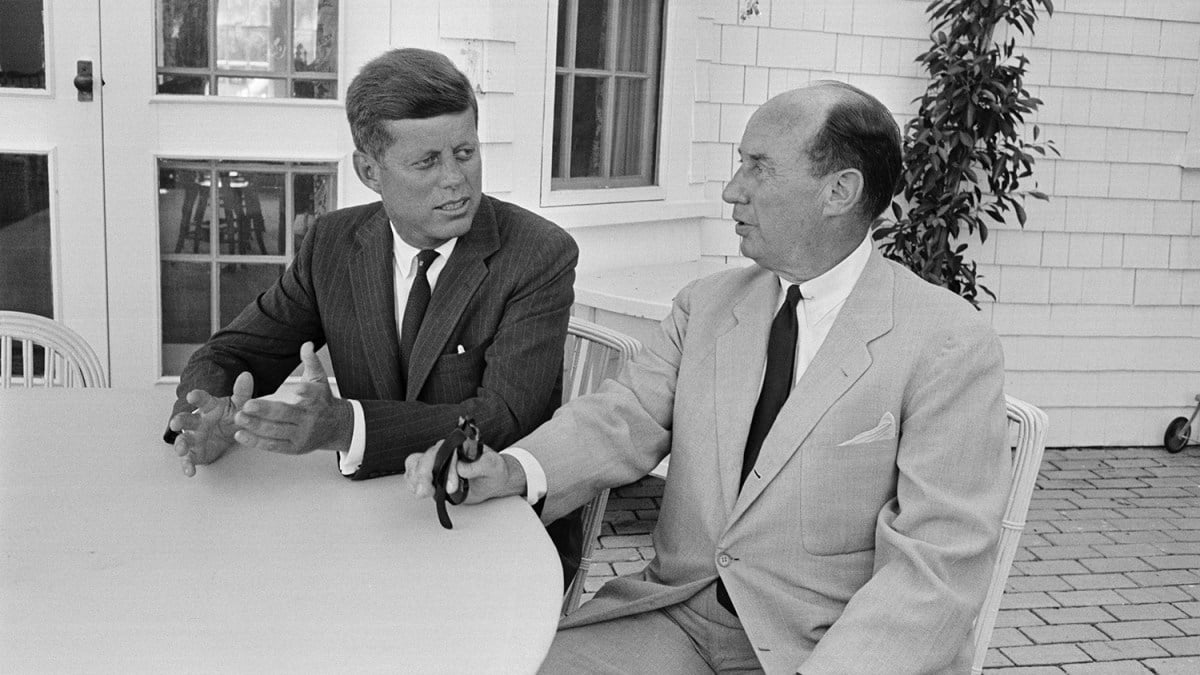spotthenumber.com – When we think of the Cuban Missile Crisis, one of the most tense moments in world history, the figure of John F. Kennedy stands out as a symbol of leadership under pressure. The events of October 1962 brought the world to the brink of nuclear war, and how President Kennedy handled this international crisis shaped his legacy and changed the course of history. In this article, we’ll explore how JFK’s courage, diplomacy, and calm leadership during the Cuban Missile Crisis prevented disaster and altered the trajectory of the Cold War.
The Discovery of Soviet Missiles in Cuba
The Cuban Missile Crisis began when U.S. intelligence discovered that the Soviet Union had secretly placed nuclear missiles in Cuba, just 90 miles off the coast of Florida. This was a direct threat to the United States, as the missiles had the capability of striking much of the Eastern U.S. within minutes. The news sent shockwaves through Washington, D.C., and the American public. The Cold War had already escalated tensions between the U.S. and the Soviet Union, and now the possibility of nuclear war seemed more real than ever.
Kennedy, who had only been in office for less than three years, was suddenly faced with one of the most critical decisions of his presidency. How would he respond to this direct threat from the Soviets, especially when the stakes were so high?
The Tense Days of the Crisis
After the discovery, President Kennedy convened a group of his closest advisors known as the Executive Committee of the National Security Council, or ExComm. For over a week, Kennedy and his team discussed various options. These included a full-scale military invasion of Cuba, an airstrike to destroy the missile sites, and, most dangerously, the option of initiating a full-scale nuclear conflict.
However, Kennedy understood the consequences of such a move. A military strike could provoke a Soviet response, potentially leading to a global nuclear war. With the threat of annihilation hanging over him, Kennedy’s ability to stay calm and measured in the face of extreme pressure would become one of his greatest strengths.
Ultimately, Kennedy chose a more cautious approach: he ordered a naval blockade (which he called a “quarantine”) around Cuba to prevent further Soviet missiles from reaching the island. He also sent a direct message to Soviet Premier Nikita Khrushchev, urging him to de-escalate the situation. Kennedy’s diplomacy was not about demanding an immediate victory—it was about keeping the lines of communication open and finding a peaceful resolution.
The Role of Diplomacy: A Chance for Negotiation
Kennedy’s decision to pursue diplomacy played a pivotal role in averting a nuclear war. During the crisis, both Kennedy and Khrushchev were under immense pressure to act, but neither wanted to be the one to start a global conflict. The two leaders communicated through letters and back-channel diplomatic messages, ultimately leading to a deal that would end the crisis without bloodshed.
In exchange for the removal of Soviet missiles in Cuba, Kennedy secretly agreed to remove U.S. missiles from Turkey, which were within striking distance of the Soviet Union. This part of the agreement was not made public at the time, but it played a critical role in defusing the tension.
On October 28, 1962, Khrushchev announced that the Soviet Union would dismantle the missile sites in Cuba, and the U.S. agreed to lift the quarantine. The crisis had been averted, but the world was forever changed.
The Impact of JFK’s Leadership
The resolution of the Cuban Missile Crisis highlighted JFK’s incredible ability to balance firmness with diplomacy. While he was willing to use military force if necessary, Kennedy understood that the most important thing was to prevent escalation. By keeping communication channels open and not rushing into war, Kennedy showed the world that diplomacy could still work, even in the most dire of situations.
Kennedy’s calm demeanor and decision-making during the crisis earned him widespread praise, especially in comparison to the reckless behavior of other world leaders in moments of crisis. His approach not only saved lives but also established him as a leader committed to peace and diplomacy, even in the most dangerous moments.
Kennedy’s handling of the Cuban Missile Crisis also had a lasting effect on U.S.-Soviet relations. The two superpowers realized the importance of direct communication and dialogue in avoiding future conflicts. This led to the establishment of the “hotline” between Washington and Moscow, a direct communication link designed to reduce the risk of accidental nuclear war.
A Changed World
The Cuban Missile Crisis was a defining moment in the Cold War. The world had come closer to nuclear annihilation than ever before, and it was only through the careful diplomacy and courage of JFK that catastrophe was avoided. In the years that followed, the Cuban Missile Crisis served as a powerful reminder of the dangers of nuclear weapons and the importance of diplomacy in resolving international conflicts.
At CoerUniversity.com, we reflect on JFK’s leadership as an example of how effective communication, diplomacy, and calm under pressure can change the course of history. The Cuban Missile Crisis stands as a testament to the power of restraint and negotiation in a world often driven by fear and aggression.
Ultimately, JFK’s handling of the Cuban Missile Crisis cemented his legacy as a president who understood the high stakes of global leadership and who acted decisively, but with the wisdom to avoid war whenever possible. His courage and diplomacy in those tense days of October 1962 continue to be a model for leaders facing international crises today.
